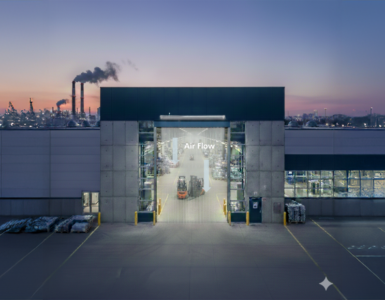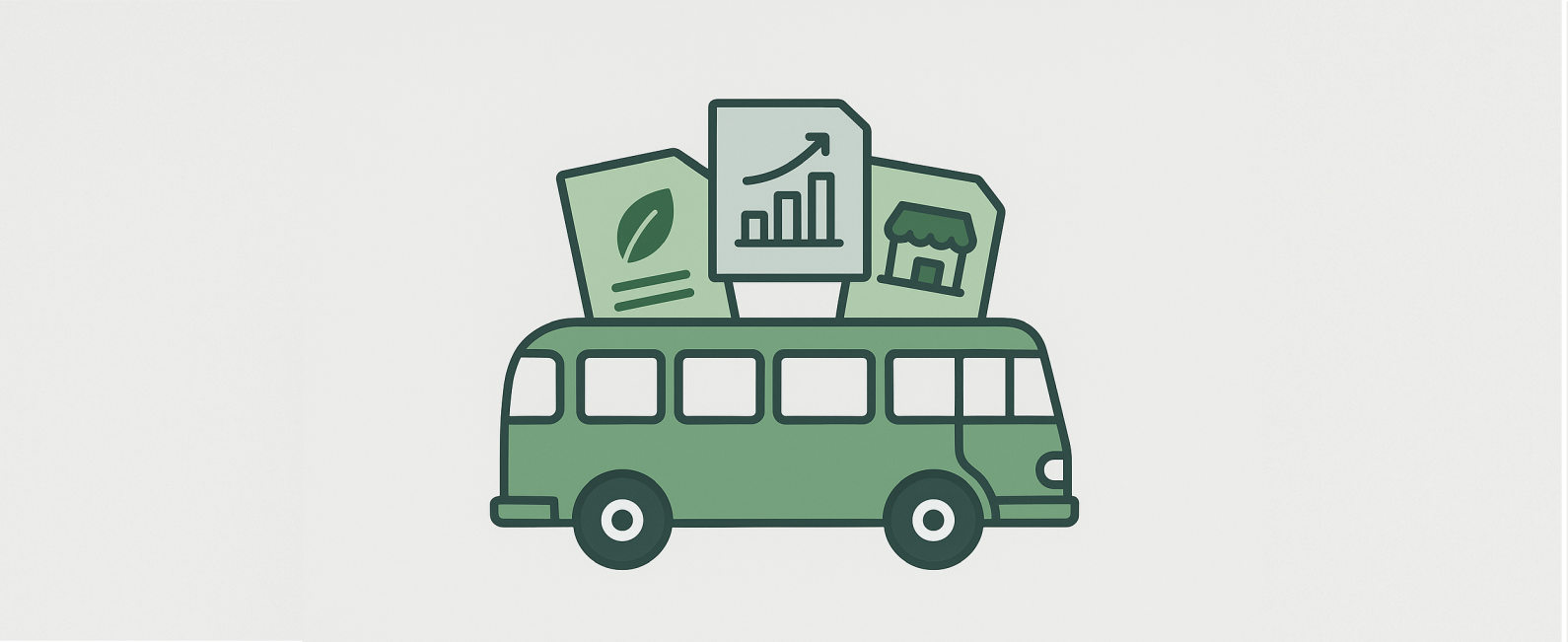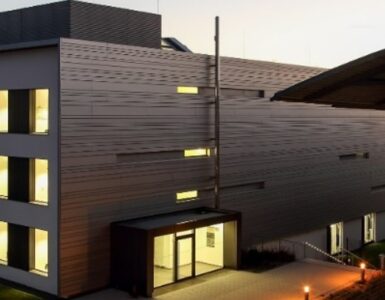Marian Süße and I visited two very different companies in Portugal in August 2022 to achieve a better understanding of their processes and challenges. In addition, we were finally able to get to know the wonderful colleagues at Fraunhofer AWAM and develop initial ideas for concrete improvements together with them. If this has made you curious and you would also like to receive a wine recommendation, you should definitely keep on reading.
Across Portugal – wines from Alentejo and Douro

“Are we in the right place?” – this is the question we ask ourselves in a rather deserted building of the University of Évora. But the handwritten note on the door says Fraunhofer AWAM, and there is also a telephone number that we call. In fact, shortly after our call, we are greeted by Susana Filipe, Lab Manager at the “Fraunhofer Portugal Research Center for Smart Agriculture and Water Management”. She leads us to the upper floor of the building, where temporary offices have been set up. Here, too, the pandemic has thrown schedules into disarray; renovation work and the setting up of laboratories should have been done long ago. Nevertheless, we are happy to have arrived and to see Susana for the first time in real life; we already know each other through several digital project meetings. After a brief discussion of the schedule for the next few days, we head off to the first winery, which is located just outside Évora.

As we arrive at the “Fundação Eugénio de Almeida” the heat hits us again. Temperatures of around 40°C for days on end and extreme dryness aren’t normal in this region and therefore indicate as an alarm signal the progress of climate change. Behind the historic façade are modern facilities of the large wine producer, which enjoys an excellent reputation throughout Portugal. Our visit lasts a total of four hours, during which we see all the production steps and exchange ideas with those responsible about ways to improve.
On the next day we drive from Évora, in the Alentejo region, for five hours to the north of Portugal to the “Folias de Baco” winery. The landscape changes, wide plains are replaced by terraced vineyards. We have arrived in the Douro, the world’s first protected wine-growing region since 1756. The winery here is considerably smaller and dedicated to the production of natural wines. Traditional methods, such as fermentation in large clay jars, live on here. During our visit, we also see the construction site for a new production building, which is of course interesting for us as factory planners. Here, we discuss our questionnaire with the owner and collect initial data in order to derive potential for improvement later.

On the final day of our visit to Portugal we meet with our colleagues in Vila Real for the last time. Fraunhofer AWAM also has an office in this town. We discuss the first concrete proposals for improving the sustainability of the wineries we visited and which topics we want to focus on in the further course of the project.
First ideas and further steps
In the project, the reduction of greenhouse gas emissions and the optimisation of energy supply are among the focal points of the IWU. Fraunhofer AWAM is taking care of the topics of water treatment and the recycling of residual materials. Some initial ideas for our focus areas are:
- Intelligent scheduling of production orders in order to change grape varieties as rarely as possible, because the equipment has to be cleaned between each change, which increases water consumption. The first implementation idea origins from a completely different area, namely the scheduling of orders for a paint shop.
- Further expansion of renewable energies, because even though there exist already some initial approaches, vineyards could also be an installation site for PV systems in the future. Fraunhofer ISE, among others, is also active in this area from the Fraunhofer-Gesellschaft.
- Intelligent energy management:In the future, battery-electric tractors could be used as energy storage units. By charging them with PV electricity during the day and using them for harvesting at night. This would significantly reduce the winery’s dependence on fossil fuels. The use of hydrogen can also contribute to this goal.
In addition, there are other ideas in the areas of water treatment and the utilisation of residual materials, e.g. for the production of biogas or the use of the CO2 that is produced during fermentation. Overall, there is great potential to improve the sustainability of wineries in Portugal by implementing these methods and technologies. The Fraunhofer team will continue to work in Germany and Portugal to further develop and implement these ideas.
A word of thanks and wine recommendation
Marian and I felt very welcome in Portugal, thanks to Susana, Vitor, Mara, Leonor and all other colleagues. The organisation of the visits was excellent and not easy to set up, especially in the harvest season. Another highlight after our long working days were of course the restaurant visits with many recommendations. Obrigado!
Finally, I don’t want to withhold the wine recommendation. The “Uivo Renegado” from “Folias de Baco”, survived the return flight well and tastes excellent even in the uncomfortable German autumn weather.




















Kommentare hinzufügen